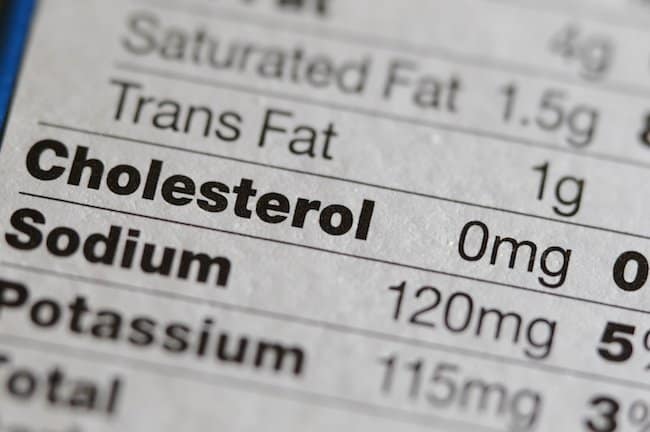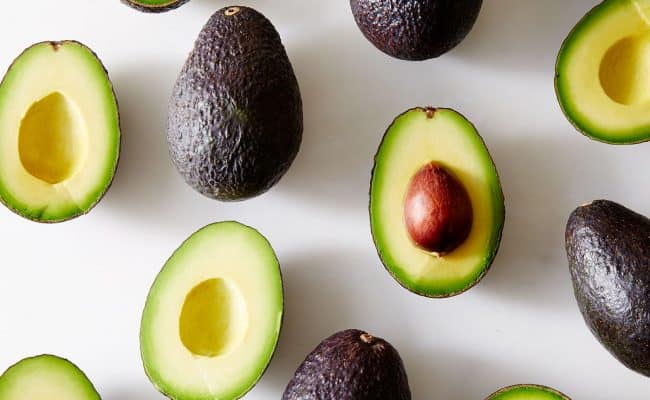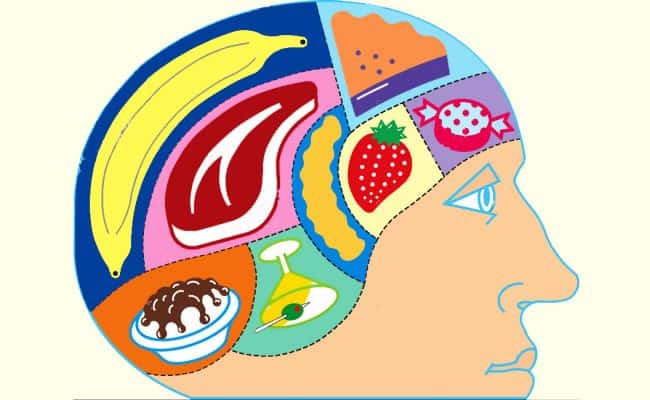
Having high blood cholesterol increases risk for cardiovascular disease. If someone has high blood pressure and/or type 2 diabetes with high cholesterol, risk for cardiovascular disease is even higher.
There are 3 main types of cholesterol in the blood: very low density (VLDL) primarily made of triglycerides, low density (LDL) primarily made of cholesterol and high density (HDL) primarily made of proteins. LDL cholesterol is considered the “bad” cholesterol, and HDL is considered the “good” cholesterol. If LDL cholesterol is high, it can cause excess cholesterol to be dumped inside the walls of the arteries forming plaque buildup.
HDL cholesterol takes cholesterol from the body and brings it back to the liver. HDL can lower blood cholesterol, and having high levels of HDL is considered beneficial.
Dietary choices can impact blood cholesterol levels. Genetics can also play a role in determining how much the body produces cholesterol. Here are some dietary recommendations for blood cholesterol. See also: What to eat to lower your cholesterol.
Dietary cholesterol
The American Heart Association (AHA) recommends healthy adults get no more than 300 mg of cholesterol per day. If someone has cardiovascular disease or has high LDL cholesterol, the AHA recommends only getting 200 mg of cholesterol per day.
Any animal food products, like meats, eggs or dairy, will have cholesterol; plant foods do not have any cholesterol. Eggs, liver and shrimp are examples of foods that are high in cholesterol. A large egg has about 185mg of cholesterol, which is more than half the recommendation per day for cholesterol.
Does this mean you shouldn’t eat eggs? Not necessarily, as eggs have many other health benefits. Most researchers agree healthy Americans can have up to an egg a day without increasing risk for cardiovascular disease.
For people with cardiovascular disease or high LDL cholesterol, they may need to monitor their dietary cholesterol more carefully.
Cholesterol is not essential. The liver makes cholesterol, so getting cholesterol in the diet is not mandatory. People who don’t eat any animal products, vegans, get no cholesterol in the diet.
Saturated and trans fat
There is something else that impacts blood cholesterol more than dietary cholesterol, and that is saturated and trans fats. The AHA suggests healthy adults limit total fat consumption to 25-35% of total calories, and saturated fat should be less than 7% of calories. Limit trans fats to as close to zero as possible.
Saturated and trans fats have a stronger influence on blood cholesterol, and can promote LDL formation. Some recent research has questioned the role of dietary saturated fat and blood cholesterol, but current health guidelines still suggest to limit saturated fat until more clarity is shown in research.
Saturated fat is primarily found in animal fat and is solid at room temperature. Sources of saturated fat include processed red meats, dairy and butter. Coconut oil and chocolate also have saturated fats, but the type of saturated fats found in these foods may not be as harmful as other types of saturated fat.
Trans fats are basically man made, they are almost non-existent in nature. Trans fats are from hydrogenated oils and are found in margarine, commercially produced baked goods and fast foods. Trans fats are the worst in terms of heart health and should be avoided.
Mono and polyunsaturated fat
Mono and polyunsaturated fats can have a beneficial effect on heart health, and they should make up the majority of fat calories. Monounsaturated fat especially can help lower blood cholesterol and keep HDL levels (the good cholesterol) high.
Sources of monounsaturated fat include avocado, fatty fish, olive oil and nuts. Polyunsaturated fat sources include other vegetable oils and fatty fish.
Know your numbers
Total cholesterol should be under 200 mg/dL, and LDL cholesterol should be under 100 mg/dL. For people with known heart disease, LDL should ideally be below 70 mg/dL. HDL cholesterol should ideally be at least 60mg/dL. Triglycerides, another type of blood fat, should ideally be below 150 mg/dL.
Increasing HDL
If the HDL cholesterol is low, there are some things you can do to try to increase HDL. Exercise is one of the best ways to increase HDL cholesterol. If your HDL is low, get in more planned exercise! This can be as simple as walking, jogging, biking or dancing.
Eating more monounsaturated fats can also help increase HDL levels.
Conclusion: How Many Milligrams of Cholesterol Should I Have a Day?
How many milligrams of cholesterol you can have per day depends on confounding health factors, but most healthy adults can have 300 mg of cholesterol per day. For people with high risk of cardiovascular disease, that number drops down to 200 mg of cholesterol per day.
Saturated and trans fats also impact blood cholesterol levels; trans fats especially should be kept to a minimum. Eating mono and polyunsaturated fats can have a beneficial impact on blood cholesterol, and exercise can help increase the good cholesterol, HDL.
References used in this article










